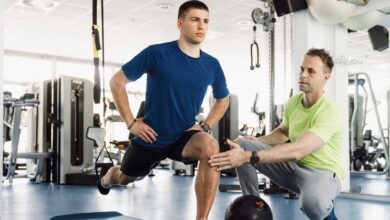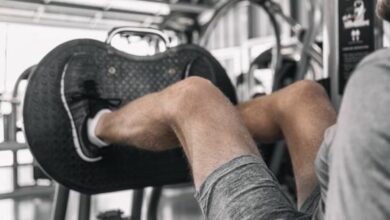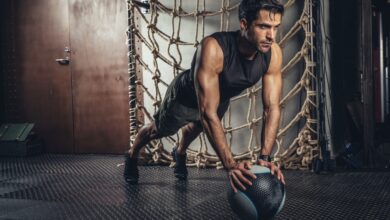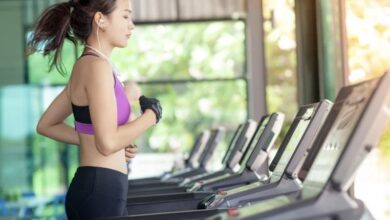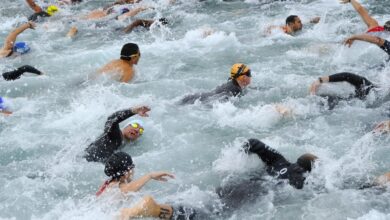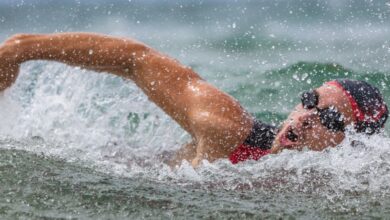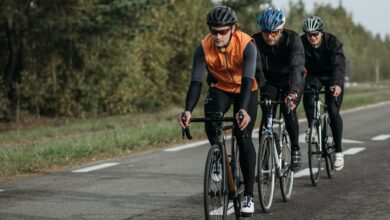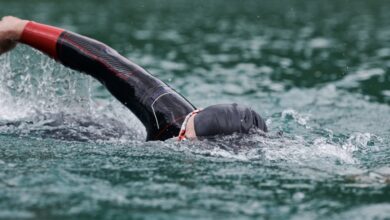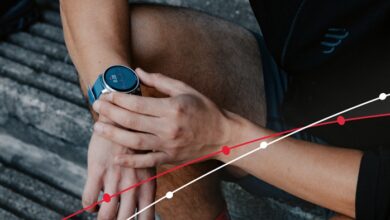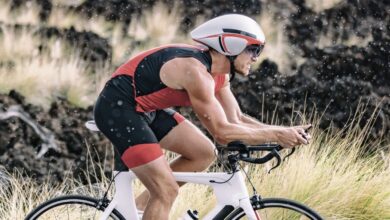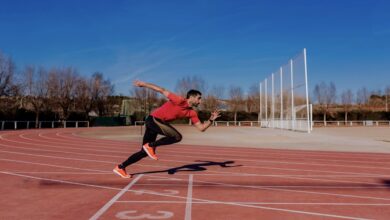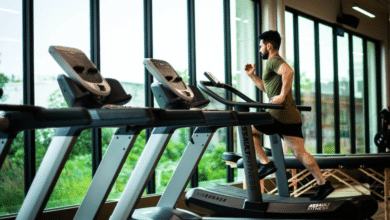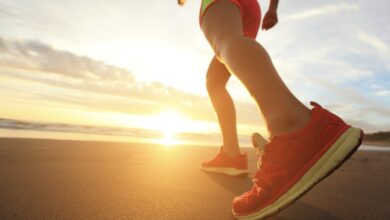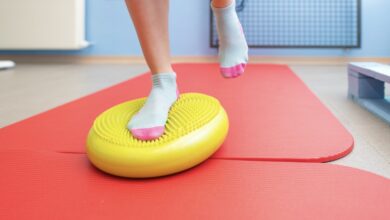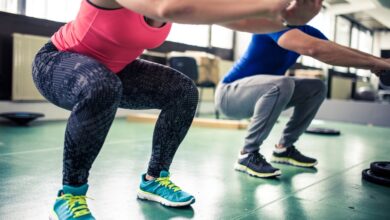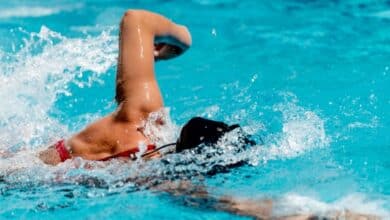The importance of hydration in training
the loss of 1% dehydration already implies a decrease of 5% of the yield
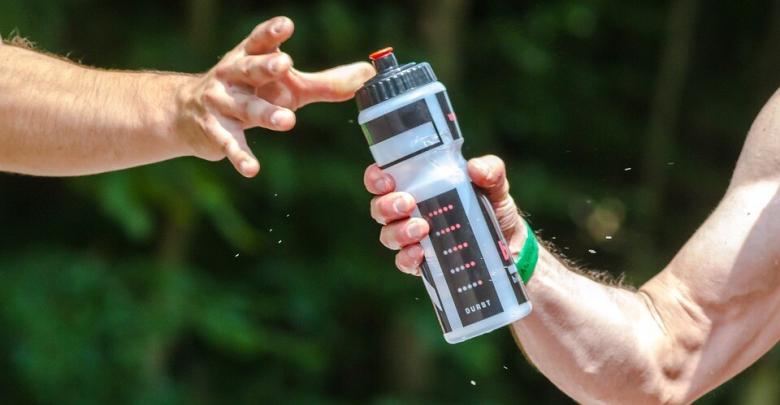
If you are one of those who frequently forget the water bottle to go training, read carefully what it implies for your body and your performance lack of hydration adequate.
Focusing on your health, in the following table we show you the Effects that cause the loss of water in the functioning of your body:
What happens to my body when it loses water?
But in addition to these serious consequences, dehydration causes a decrease in sports performance, so that the loss of a 1% dehydration already represents a decrease of 5% of the yield and if we reach an 5% dehydration, the yield will be reduced by an 30%.

Source: Wilmore & Costill (1999)
Therefore, we indicate basic guidelines that you can apply in your workouts and competitions to bring an adequate level of hydration (Palacios Gil-Antuñano et al., 2008):
Before a competition or training of long duration and intensity:
- Drink slowly between 300 and 500ml in the previous 4h
- If the environment is going to be hot and humid, add 0,5L of liquid with mineral salts to the above during the previous hour (divided into 4, take every 15-20min) and add carbohydrates to the drink, in the last 2.
During training or competition
- Drink approximately 1 jerrycan (500-600ml) for each hour of exercise / competition
- Distribute intakes every 15-20 minutes (150-200ml)
- Try to bring the “fresh” drink (15-21ºC) to make it more palatable
- If the exercise requires it for its intensity, duration and environment, add isotonic drink (6-8% carbohydrates) and 450 to 1150 mg / L sodium
After the competition or demanding workouts
- Contribute the 150-200% of the weight lost (in the 6 hours after completion)
- Include contribution of sodium 0,7 to 1,5 g / L and even other minerals (Ex .: potassium ratio 1: 4 with sodium).
Now you know, if your health you want to protect and your performance you want to maintain, take care of your hydration day by day and accustom your body to digest the drinks that you will use in competition
References
Gil-Antuñano Palaces et al., AMD, 2008; 25 (126): 245. Spanish Federation of Sports Medicine “Consensus on drinks for the athlete. Composition and fluid replacement guidelines.
Wilmore, HJ and Costill, DL (1999). Physiology of effort and sport (2ª ed.). Barcelona: Paidotibo.
Laura García Cervantes
There are no previous results.










